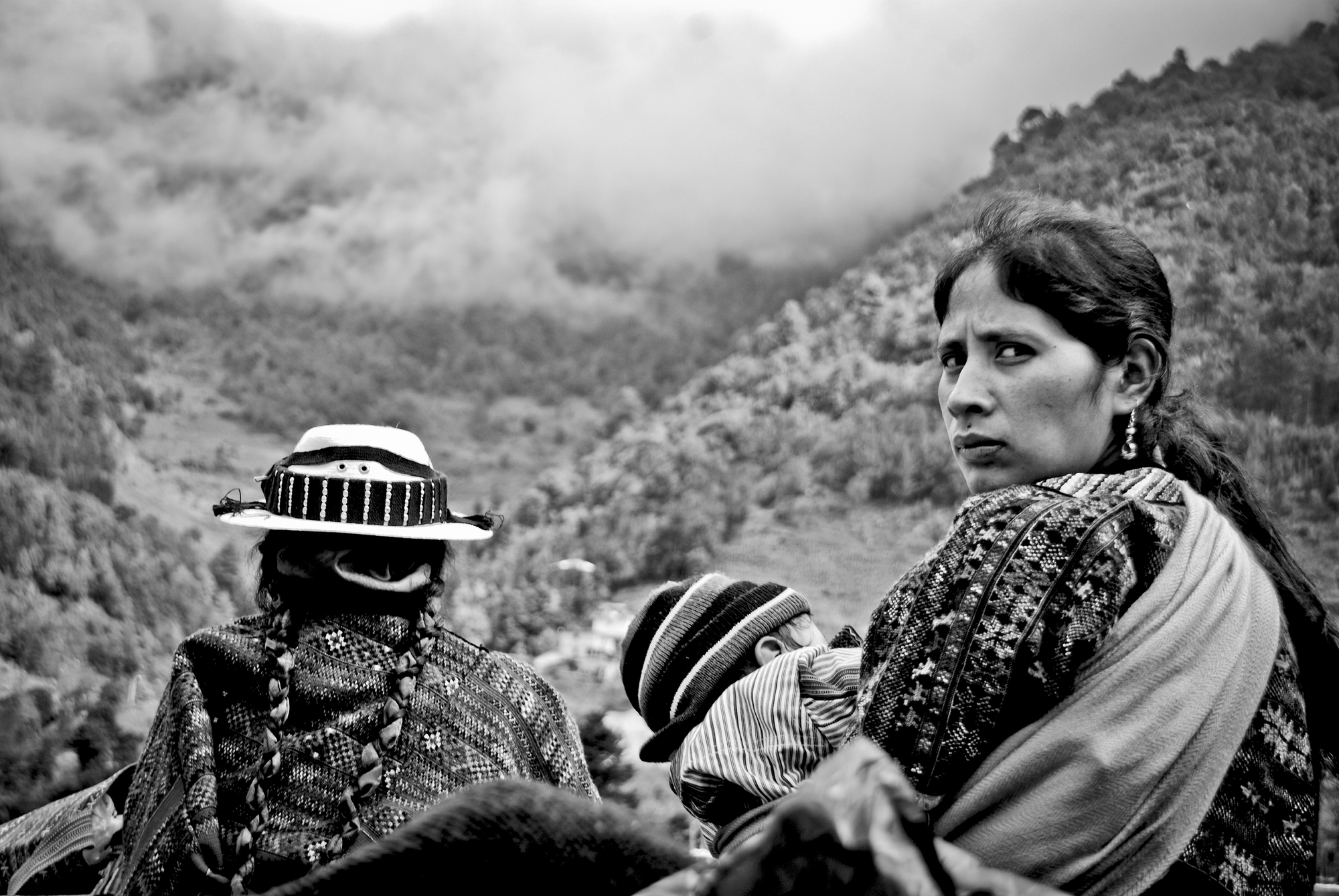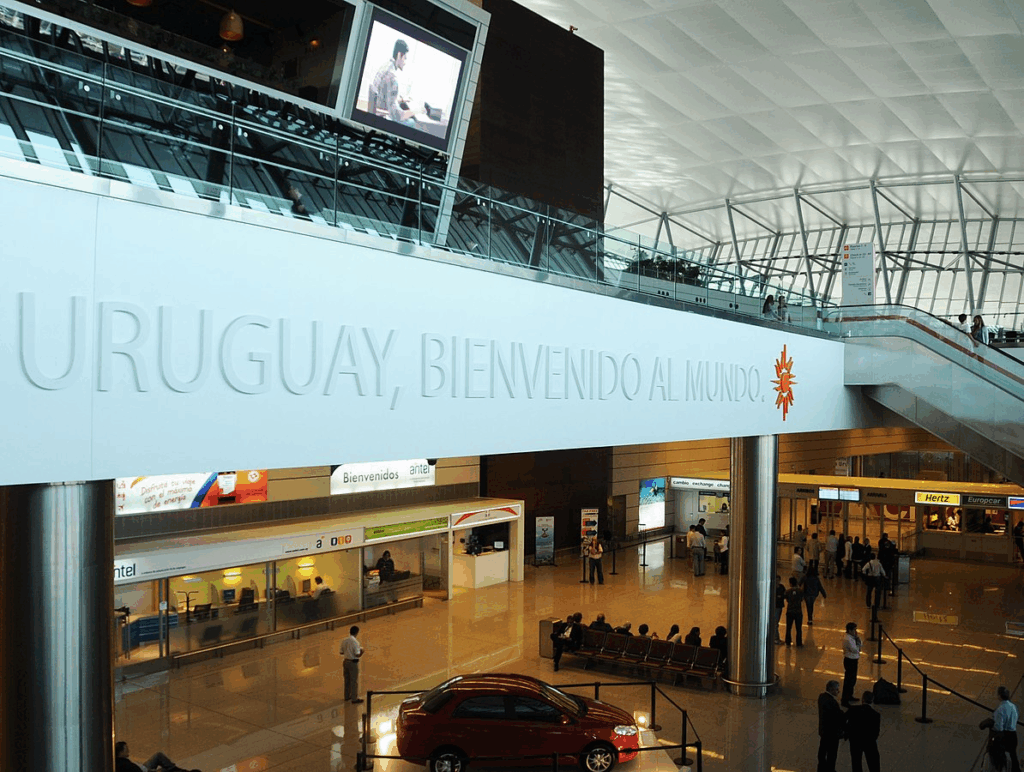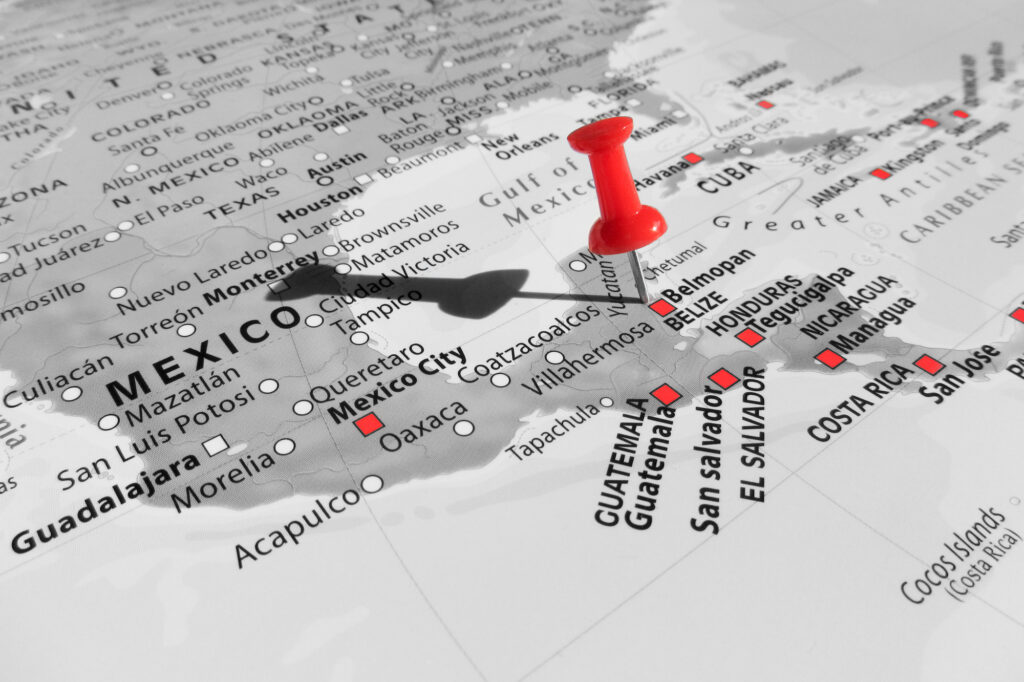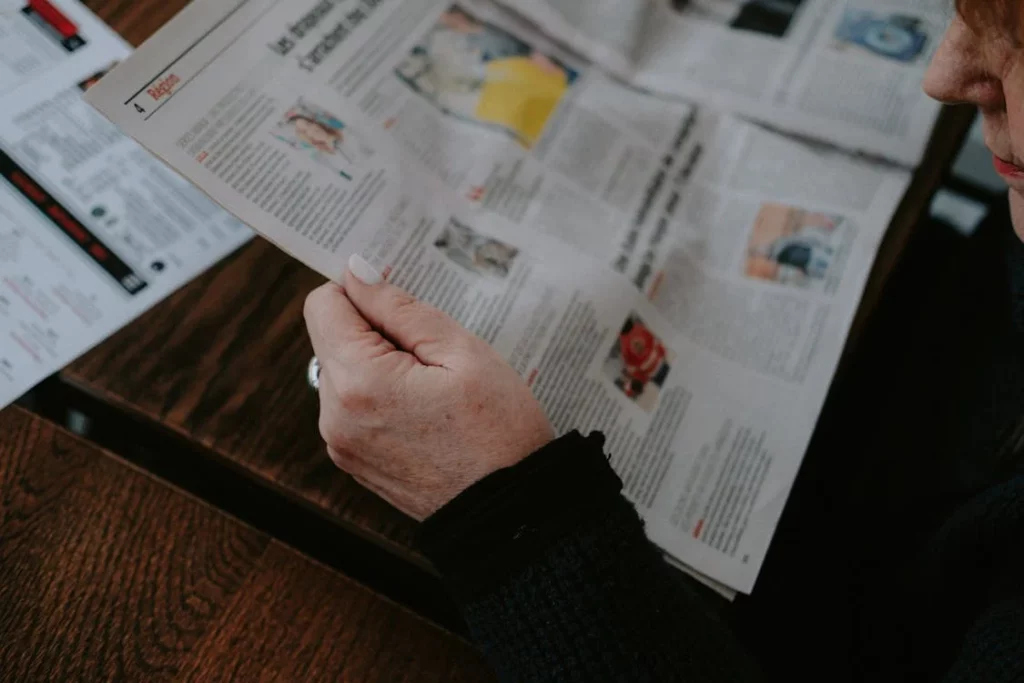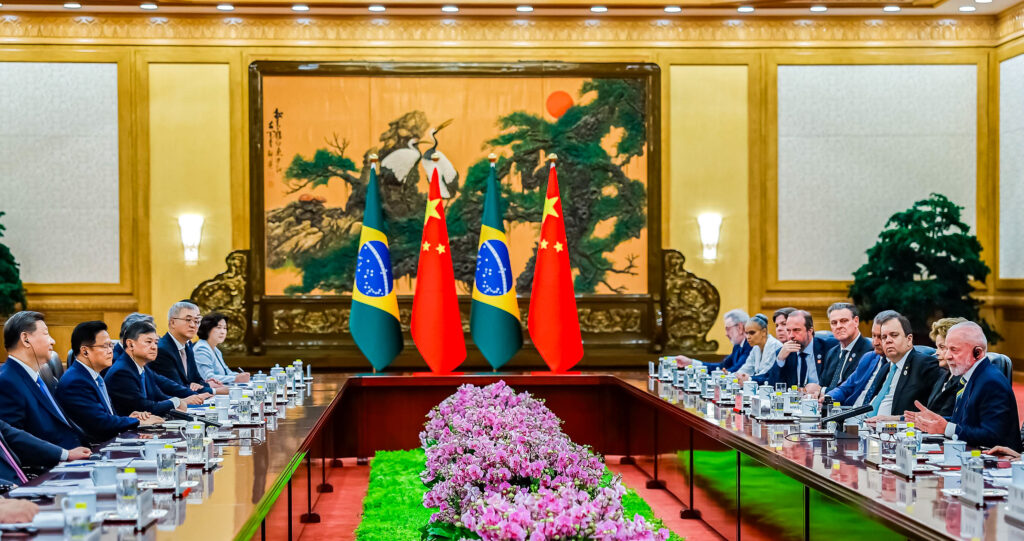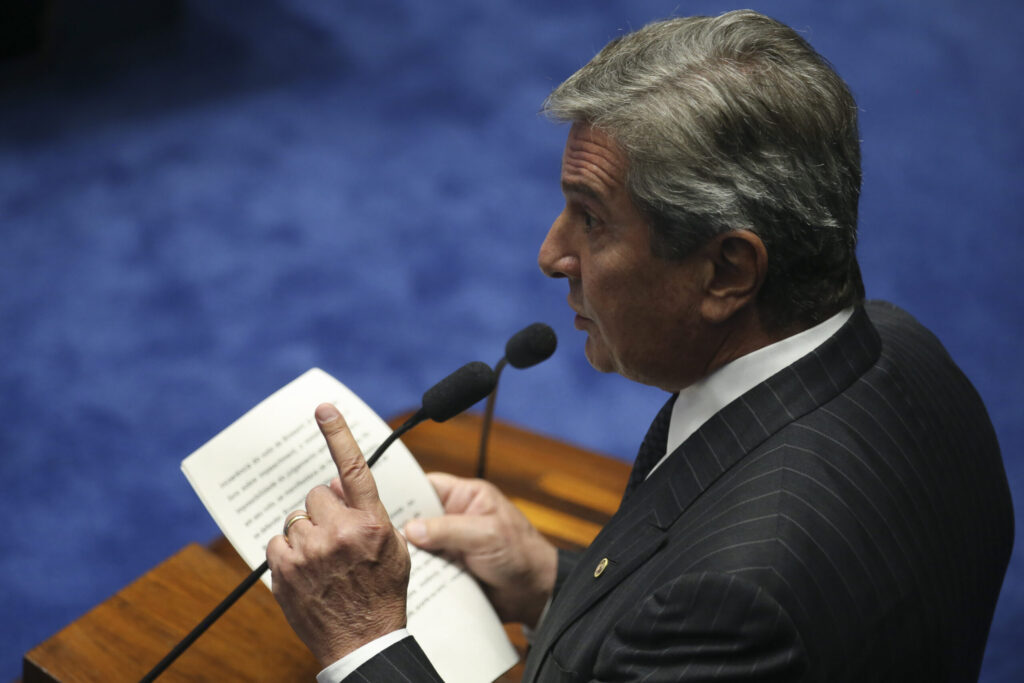The Salvadoran military dictator Julio Rivera Carballo who, between the years 1962 and 1967, ordered widespread counter-insurgency surveillance and death squads, not only managed to avoid incarceration, but was named ambassador to the United States until his death.
In 2013, Efraín Ríos Montt was tried for the torture and murder of 1,771 Mayan-Ixil indigenous people and the displacement of tens of thousands of civilians during his rule as dictator between 1982 and 1983. Despite being sentenced 80 years, the decision was overturned by the Guatemalan Constitutional Court ten days later and he never set foot in prison.
During the thorny transition to democracy after a military dictatorship, many countries in Latin America implemented amnesty laws in an attempt to smooth the process and mollify the military. In response to the clamouring for justice from human rights activists and the victims’ relatives many of these laws were overturned due to pressure from international human rights groups. In Guatemala and El Salvador, however, new legislation is gaining traction that would restore these amnesty laws and release those previously detained for crimes against humanity.
We look at the role of amnesty laws across the continent and their conflicting role within truth and justice commissions.
Why were impunity laws created?
“Amnesty laws were created many years ago by state authorities to facilitate the return to democracy,” Salvadoran lawyer Leonor Arteaga Rubio told Latin America Reports. Arteaga works for the Due Process of Law Foundation (DPLF) as head of the Impunity and Grave Human Rights Violations Programme.
“The idea of amnesty laws was to establish a clean slate, to forgive the crimes committed by sectors of the population who took part in repression or armed conflict,” she continued. “[State authorities] didn’t want a witch hunt, they couldn’t have everyone who participated in the conflict going to prison.”
In many of Latin America’s dictatorships and armed conflicts, such as those of El Salvador, Guatemala, Argentina and Chile, the military played a large part in repressing the opposition. As countries moved back to a democracy, however, it was rare that the military were held accountable for their actions.
In Argentina, for example, the first democratically-elected president after the military dictatorship, Raúl Alfonsín, created the Full Stop Law and the Law of Due Obedience, which exempted much of the army from going to trial. Alfonsín feared that if he persecuted the military they would stage another coup and the country would once again fall under military rule.
Why they were overturned
By the 1990s, most Latin American nations had joined the American Convention on Human Rights. The convention was implemented by the Inter-American Commission and the Inter-American Court of Human Rights (IACHR), which believed that states had a legal obligation to investigate and punish human rights violations.
As an international organisation dealing with international crimes, this new convention would override whatever state laws were already in place, forcing investigations to be opened and perpetrators to be held accountable. Argentina and Chile have already sentenced hundreds for human rights violations with multiple investigations still in progress.
“I think there are three elements that led to the fall of the amnesty laws,” Salvadoran lawyer Arteaga explained. “The first was the pressure from the international courts, who little by little made it very clear that [they] shouldn’t be sweeping, or absolute, or include everything.”
“Second was the pressure from the victims, both around the world and in Latin America, who wanted to make sure that these crimes were no longer forgiven, and the third was increasing pressure from national courts.”
The implementation of truth commissions and justice systems made sure that those who committed grave human rights violations during dictatorships and conflicts were aware that they would be held accountable for their actions. If this does not happen, Arteaga explained, we are essentially teaching the armed forces that they can commit grave crimes and get away with it.
“It’s dangerous,” she said.
Why Guatemala and El Salvador want them back
Guatemala and El Salvador are both in the legislative process of reinstating amnesty laws that would not only halt current investigations into human rights violations, but also release individuals who are currently in prison for committing them.
The New York Times spoke to the congressman who introduced the Guatemalan amnesty law, Fernando Linares. He explained that the new amnesty law is a response to the flawed nature of the current justice system, which has been accused of political persecution.
“The courts have been infiltrated with judges and prosecuting attorneys with ideological inclinations to one side, the left-wing side, which are the guerrillas,” he told the US newspaper.
However, lawyer Arteaga explained that the movement to reinstate amnesty laws is being backed by a powerful and corrupt elite. People in seats of economic and political power, including many current members of Congress, played a role in the armed conflict and want to safeguard themselves with a new amnesty law.
“They are also in a society that for many years has tried to sell the idea that if all of the criminals are legally persecuted then the country will enter into a kind of chaos,” she explained.
Why people are rejecting the new laws
Edgar Pérez, a human rights lawyer, spoke to The New York Times, claiming that the proposed bill is not only a denial of justice, but a negation of history for those involved.
“For the victims, the sentence is their certificate of truth,” he said. “It is their history.”
The new law would be indulging the powerful elite in the same way that previous amnesty laws indulged the military, explained Arteaga.
“We need to show that nobody – including the armed forces – is above the law,” she said. “There are various strategies to keep people happy, but we cannot use the pretext of the fear or repercussions to let them get away with it.”
Arteaga joins a surging opposition of the amnesty laws, some of whom were victims themselves. On Wednesday, March 6, Human rights commissioner and ex-President of Chile, Michelle Bachelet, who was imprisoned and tortured under Augusto Pinochet’s military dictatorship, asked Salvadoran lawmakers to reassess the new amnesty bill, stating that it was contrary to international law.
“The proposed bill presented could stop the victims’ rights from being fulfilled,” she said. “And by granting impunity to the perpetrators of such serious crimes, it increases the probability that these events will happen again.”
According to Guatemalan media outlet La Hora, the Inter-American Court of Human Rights has ordered Guatemalan legislators to archive the new law. However, widespread international rejection of the proposed bill will not affect Guatemala’s decision, Juan Francisco Soto, a human rights lawyer, told The New York Times.
“There is an emboldening of the government with this group of lawmakers,” he said. “They want to impose the impunity pact, no matter the cost.”
Guatemala’s law has been approved by two levels of Congress, and the last vote is today, March 13. If approved, it would free 30 people and stop thousands of investigations.
Yesterday, El Salvador’s National Assembly revealed that the new law proposal has been altered so that it would not give amnesty to perpetrators of human rights violations. The next meeting on the bill will take place on March 18.
The removal of amnesty laws helped victims feel that the tragic events they survived were recognised and condemned by the state, and by sending people to prison for crimes they committed, justice systems hope to dissuade others from doing the same. Rather than using memory as a tool to avoid similar events happening again, amnesty laws were created in order to aid historical reconciliation.
We asked Arteaga if these laws actually helped, or rather hindered this process.
“Hinder, definitively hinder,” she declared. “Reconciliation is a process, it isn’t something that can be done with a law. It’s a complex, social, political, historical process, that needs to have at its core truth and justice. This is how we avoid another cycle of violence.”


